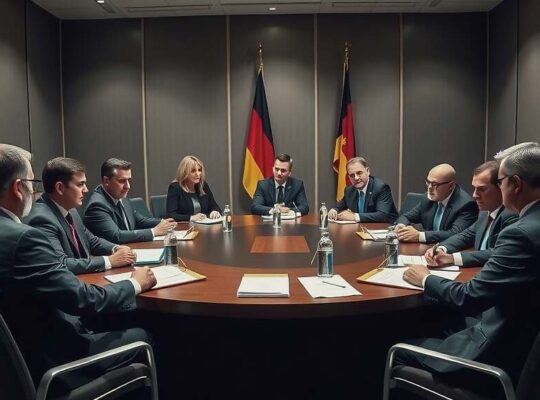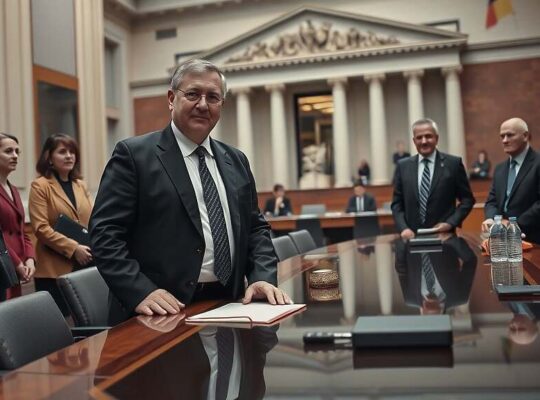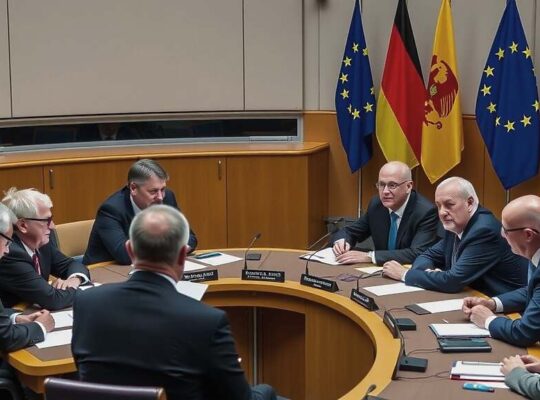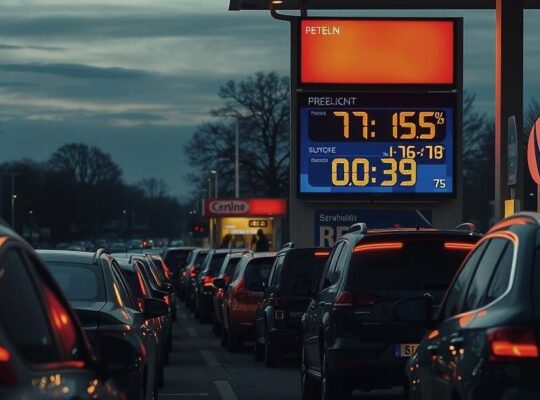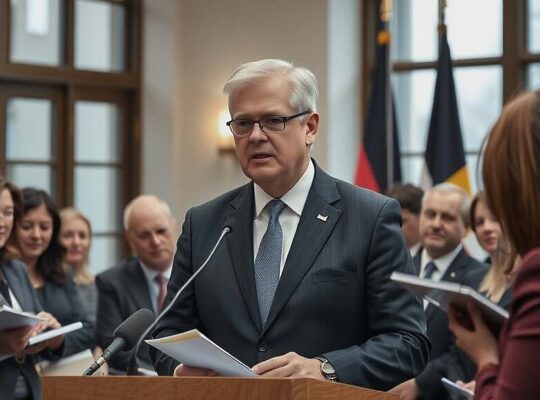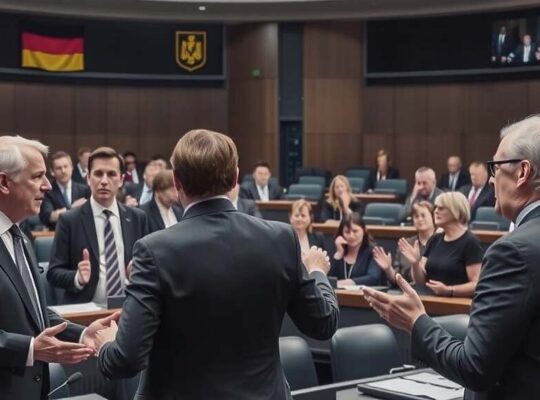The Bavarian Minister-President and CSU leader Markus Söder is intensifying pressure on the European Union to revise its planned ban on new gasoline and diesel car sales scheduled for 2035. Söder, speaking after coalition committee deliberations and an automotive summit, argued that the current regulations are unrealistic and will ultimately fail to achieve desired outcomes while stifling innovation and disproportionately impacting European automotive industries.
“The rigid ban on combustion engines must be abolished” Söder stated, highlighting the current market penetration of electric vehicles, which he placed at roughly 14-15 percent. He questioned the plausibility of reaching a 100 percent electric vehicle market share by the 2035 deadline, suggesting a fundamental reassessment is urgently needed. “We will not manage to electrify everything by 2035” he asserted, effectively challenging the EU’s ambitious decarbonization strategy.
Söder’s stance, revealed to be a point of significant internal debate within the ruling coalition, places him at odds with factions within the SPD, whom he accused of clinging to “strict climate targets”. He characterized his efforts within the coalition as particularly forceful, positioning himself as the most vocal proponent of revisiting the ban.
While expressing understanding for the coalition partner’s position, particularly in light of recent disagreements surrounding the Bürgergeld (citizens’ income) reform, Söder conveyed optimism that a solution acceptable to both Germany and the broader European bloc can be achieved. His renewed push highlights a growing divergence within the EU regarding the pace and form of the transition away from internal combustion engines, raising questions about the feasibility of the current regulatory framework and its potential to trigger economic disruption within the automotive sector. The debate underscores a critical fault line between climate ambition and practical economic realities across the European Union.



